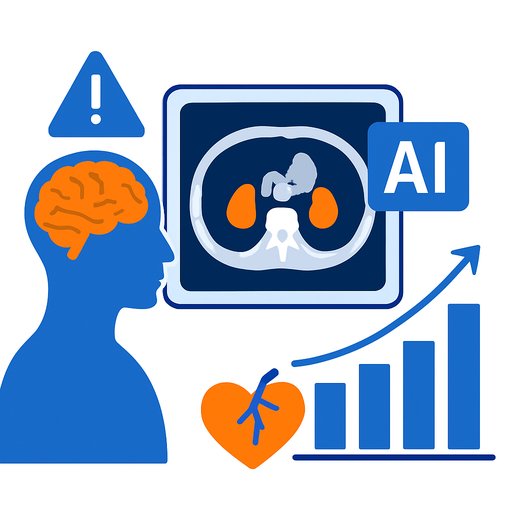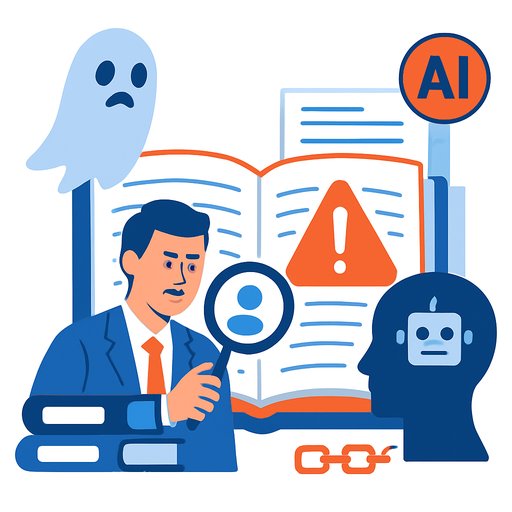Half of College Students Prioritize AI Skills Over Traditional Coursework
Artificial intelligence (AI) has become a central part of college students' learning and daily lives. A recent survey of 2,000 students shows that 50% consider learning AI the most valuable skill gained during their studies. This shift highlights a growing expectation that educational institutions adapt to new technologies quickly.
According to the research, 87% of students already use AI tools for school assignments, while 90% apply AI in everyday tasks, spending an average of 10 hours per week engaging with these technologies. Students view AI literacy as crucial for their future careers, with 62% believing responsible AI use will be necessary in the job market.
Inconsistent AI Policies Across Campuses
While most colleges (73%) have introduced policies regarding AI, the rules vary significantly. About 30% permit AI for specific tasks only, 31% allow general AI use with proper citation, and 32% enforce complete bans. Despite these policies, only 11% of students report encouragement from professors to use AI, creating a gap between official rules and classroom practice.
This inconsistency causes concern. Nearly half (46%) of students worry about facing penalties for AI use, and 10% have already experienced consequences. More than half (55%) feel their schools provide insufficient guidance on AI, leaving many to figure out ethical and effective use on their own.
How Students Use AI: A Tool for Learning, Not Cheating
Students use AI primarily as a learning aid rather than a shortcut. The most common applications include brainstorming ideas (49%), checking grammar and spelling (42%), and clarifying difficult concepts (41%). AI also helps with understanding topics outside of school, such as managing taxes and personal finances (35%).
Additional uses involve developing ideas (34%), creating study materials like flashcards (24%), seeking advice on sensitive questions (29%), and obtaining general life guidance (25%). Career preparation is another area where AI supports students, with 25% using it for resume building and 22% for interview practice.
Social acceptance of AI use in academics is growing. Around 37% of students view its use as acceptable if disclosed properly, while only 25% consider it cheating. Meanwhile, 22% say their peers see AI use as smart and efficient.
The Need for Better AI Education
Despite widespread AI adoption, only 34% of students feel confident about their ethical and responsible use of these tools. This gap suggests a need for more comprehensive AI training in educational settings. Although 72% of students do not believe their schools lag behind technologically, many feel left to self-educate on effective AI use.
AI is becoming a trusted partner for students—helping with writer's block, proofreading, and addressing questions they might hesitate to ask teachers. This adoption offers educators an opportunity to support students in using technology responsibly and effectively, preparing them for both academic success and future careers.
Students clearly recognize the importance of AI skills and are moving forward regardless of institutional readiness. The challenge for colleges and universities is to provide clear, practical guidance and training on AI to ensure ethical and productive use.
Survey Details
The survey was conducted online by Talker Research between July 1 and July 9, involving 2,000 American students aged 18 and older enrolled in higher education programs. The sample included bachelor’s, master’s, and doctorate students. The methodology involved non-probability sampling from online panels with quality controls to ensure valid responses. Statistical significance was calculated at the 95% confidence level.
For educators and institutions looking to improve AI literacy programs, exploring resources and courses focused on ethical AI use and practical skills can be a valuable step. Complete AI Training offers a variety of tailored courses that address these needs.
Your membership also unlocks:










